6 Books You Must Read This Year
Anna Burns has been unveiled as the recipient of this year’s acclaimed Man Booker prize. Burns won the award for her “incredibly original” third novel Milkman, the story of a young woman harassed by a powerful man during the Troubles. The prize is open to writers of any nationality writing in English and published in the UK and Ireland. Burns’ win makes her the first Northern Irish writer to receive the award.
The award was presented by the Duchess of Cornwall at a ceremony in London’s Guildhall last night and includes a £50,000 cash prize. The Man Booker chair of judges, Kwame Anthony Appiah, said the judges were unanimous in their choice and that no one on the panel had "ever read anything like this before”, adding “Anna Burns’s utterly distinctive voice challenges conventional thinking and form in surprising and immersive prose. It is a story of brutality, sexual encroachment and resistance, threaded with mordant humour.” Burns, who was born in Belfast, said the novel drew on her own experiences growing up in Northern Ireland – a place she describes as "rife with violence, distrust and paranoia.”
First awarded in 1969, the Man Booker prize is recognised as the leading award for high-quality literary fiction written in English. Its list of winners includes many of the literary giants of the last four decades, from Salman Rushdie to Hilary Mantel, Iris Murdoch to Ian McEwan. The prize has also recognised many authors early in their careers, including Eleanor Catton, Aravind Adiga and Ben Okri.
Man Booker Prize 2018 Shortlist
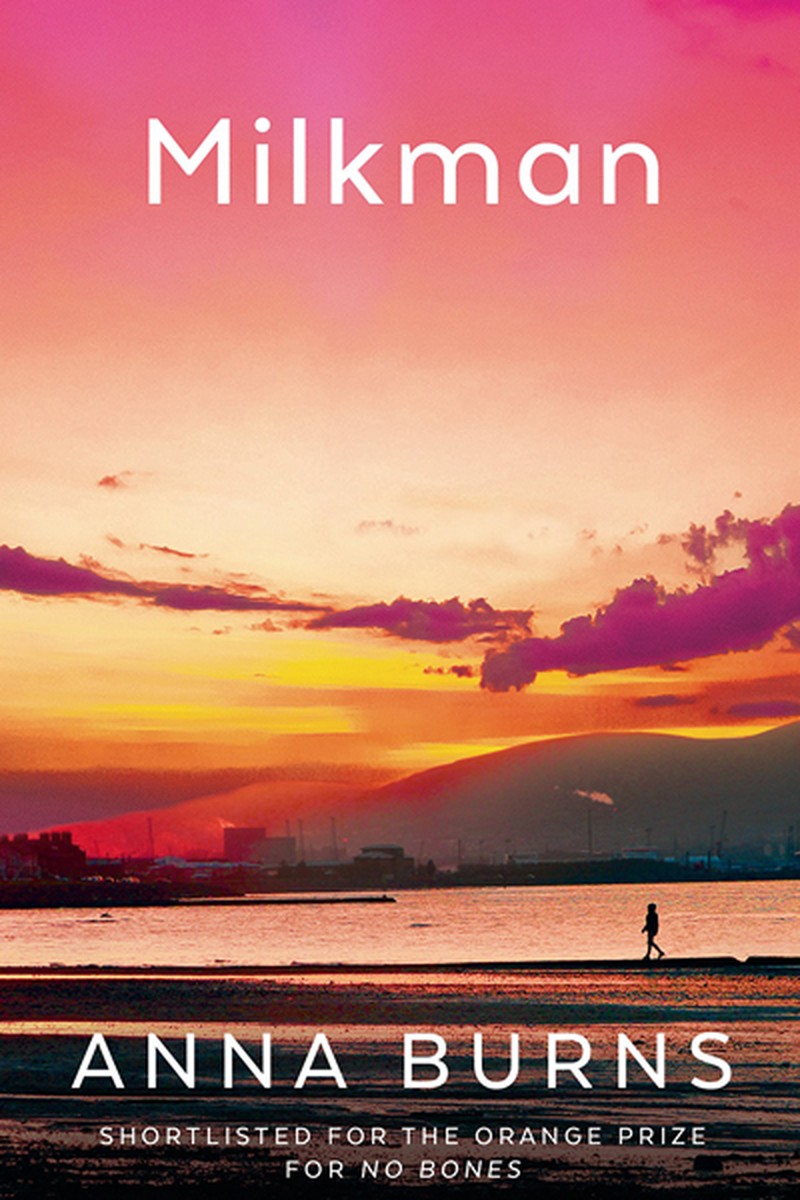
WINNER: Milkman, Anna Burns
An experimental novel narrated by an unnamed 18-year-old girl known as “middle sister”, the 2018 Man Booker winner focuses on the wrongdoings of the eponymous Milkman, a much older paramilitary figure. Middle sister is busy attempting to keep her mother from discovering her maybe-boyfriend and to keep everyone in the dark about her encounter with Milkman. But when “first brother-in-law” sniffs out her struggle and rumours start to swell, middle sister becomes ‘interesting’ – the last thing she ever wanted to be. To be interesting is to be noticed and to be noticed is dangerous. Milkman is a tale of gossip and hearsay, silence and deliberate deafness. It is the story of inaction with enormous consequences. A timely reminder of why the #MeToo movement is so important.
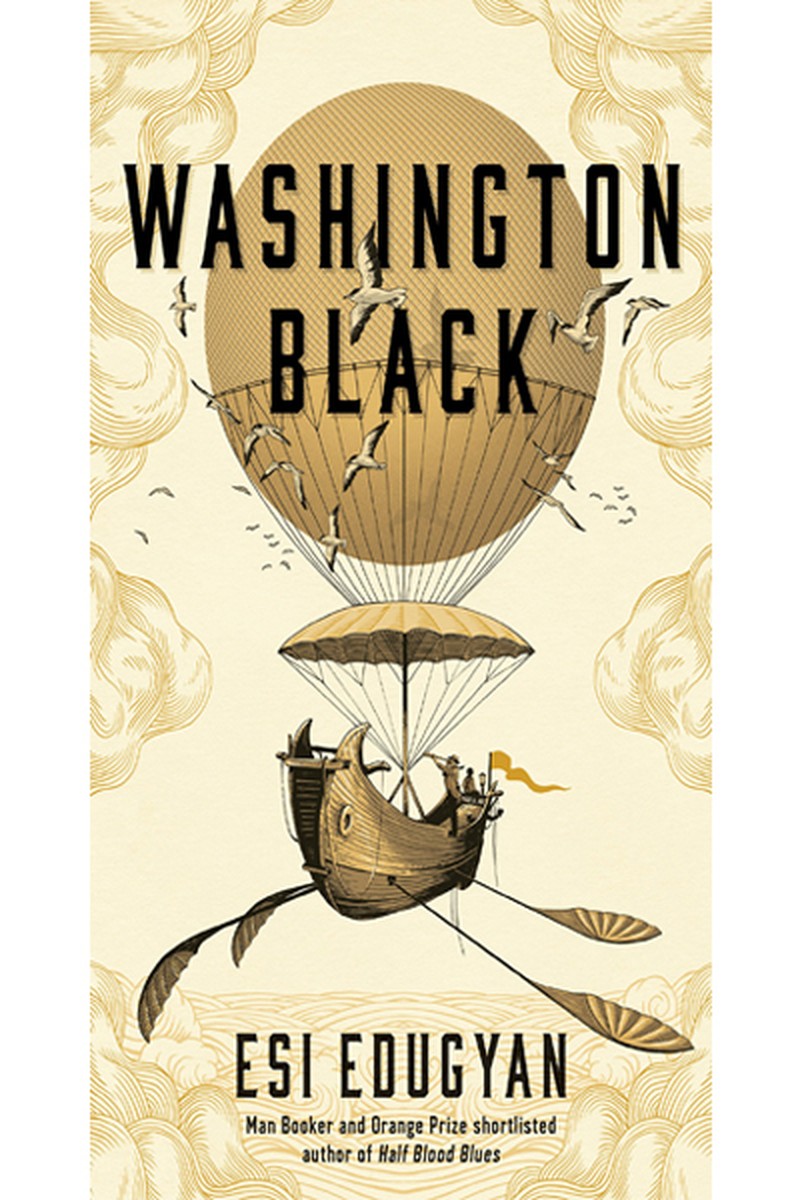
Washington Black, Esi Edugyan
Escape is only the beginning. From the brutal cane plantations of Barbados to the icy wastes of the Canadian Arctic, from the mud-filled streets of London to the eerie deserts of Morocco, Washington Black is the tale – inspired by a true story – of a world destroyed and the search to make it whole again. When two English brothers take the helm of a Barbados sugar plantation, Washington Black – an 11-year-old field slave – finds himself selected as a personal servant to one of these men. The eccentric Christopher ‘Titch’ Wilde is a naturalist, explorer, scientist, inventor and abolitionist, whose single-minded pursuit of the perfect aerial machine mystifies all around him. Titch’s idealistic plans are soon shattered and Washington finds himself in mortal danger. They escape the island together, but then Titch disappears and Washington must make his way alone, following the promise of freedom further than he ever dreamed possible.
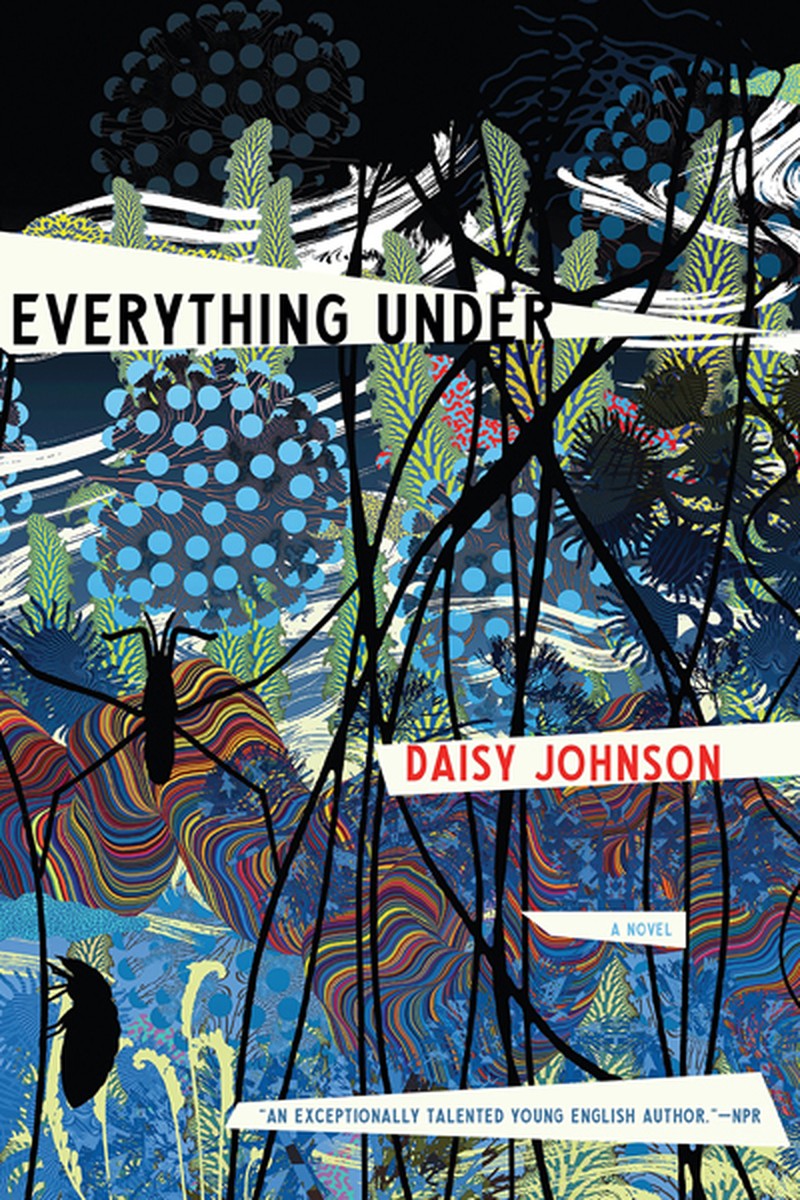
Everything Under, Daisy Johnson
Words are important to Gretel, always have been. As a child, she lived on a canal boat with her mother and together they invented a language that was just their own. She hasn't seen her mother since the age of 16, though — almost a lifetime ago — and those memories have faded. Now Gretel works as a lexicographer, updating dictionary entries, which suits her solitary nature. A phone call from the hospital interrupts Gretel's isolation and throws up questions from long ago. She begins to remember the private vocabulary of her childhood. She remembers other things, too: the wild years spent on the river; the strange, lonely boy who came to stay on the boat one winter; and the creature in the water — a canal thief? — swimming upstream, getting ever closer. In the end, there will be nothing for Gretel to do but go back.
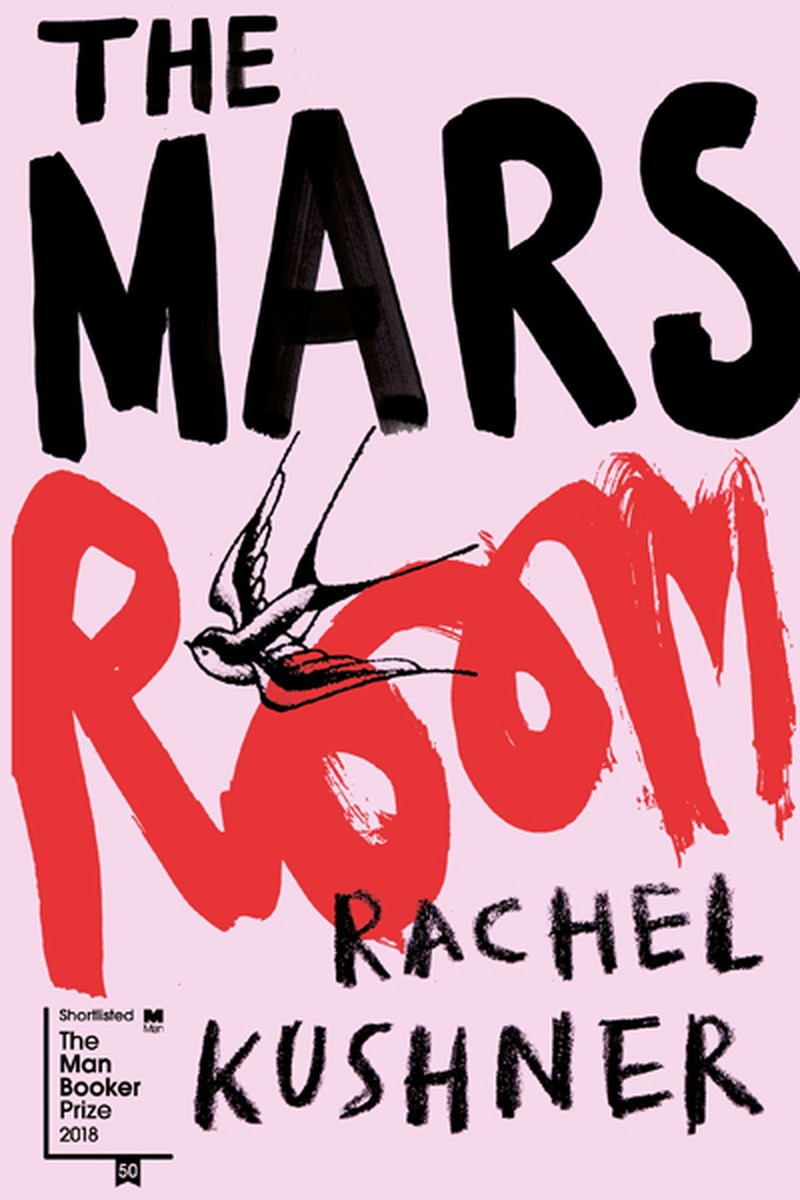
The Mars Room, Rachel Kushner
Romy Hall is at the start of two consecutive life sentences, plus six years, at Stanville Women’s Correctional Facility. Outside is the world from which she has been permanently severed: the San Francisco of her youth, changed almost beyond recognition. The Mars Room strip club where she once gave lap dances for a living. And her seven-year-old son, Jackson, now in the care of Romy’s estranged mother. Inside is a new reality to adapt to: thousands of women hustling for the bare essentials needed to survive. The deadpan absurdities of institutional living, daily acts of violence by guards and prisoners alike, allegiances formed over liquor brewed in socks and stories shared through sewage pipes. Romy sees the future stretch out ahead of her in a long, unwavering line — until news from outside brings a ferocious urgency to her existence, challenging her to escape her own destiny.
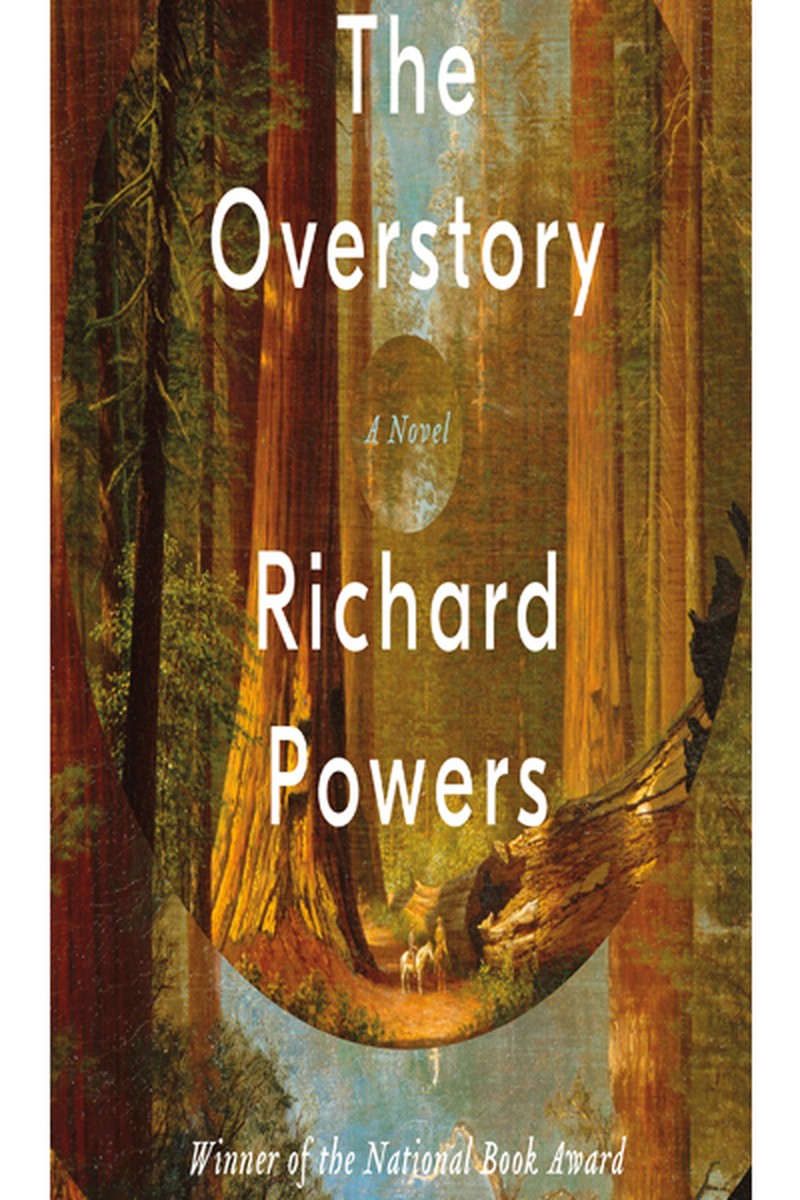
The Overstory, Richard Powers
Nine strangers, each in different ways, become summoned by trees, brought together in a last stand to save the continent’s few remaining acres of virgin forest. The Overstory unfolds in concentric rings of interlocking fable, ranging from antebellum New York to the late 20th-century Timber Wars of the Pacific Northwest and beyond, revealing a world alongside our own — vast, slow, resourceful, magnificently inventive and almost invisible to us. This is the story of a handful of people who learn how to see that world, and who are drawn up into its unfolding catastrophe.
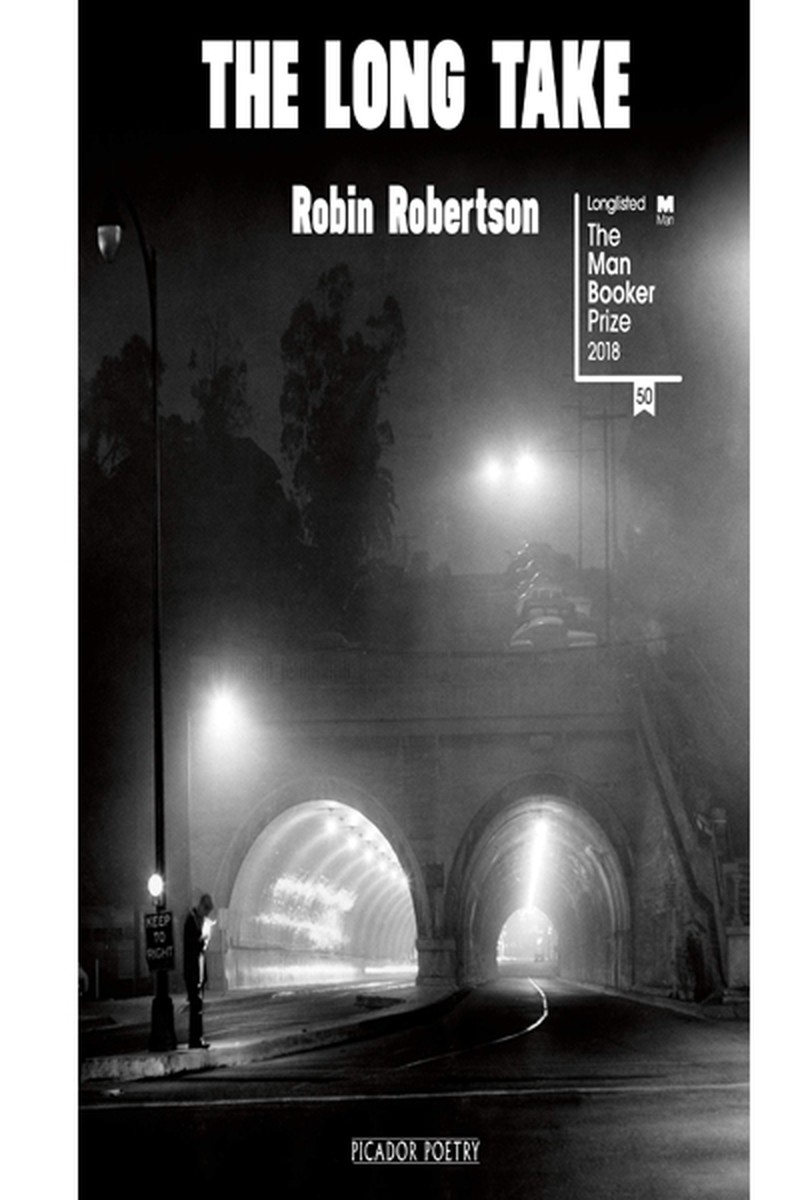
The Long Take, Robin Robertson
Walker is a D-Day veteran with post-traumatic stress disorder; he can’t return home to rural Nova Scotia and looks instead to the city for freedom, anonymity and repair. As he moves from New York to Los Angeles and San Francisco we witness a crucial period of fracture in American history, one that also allowed film noir to flourish. The Dream had gone sour but — as those dark, classic movies made clear — the country needed outsiders to study and dramatise its new anxieties. While Walker tries to piece his life together, America is beginning to come apart: deeply paranoid, doubting its own certainties, driven by social and racial division, spiralling corruption and the collapse of the inner cities. The Long Take is about a good man brutalised by war, haunted by violence and apparently doomed to return to it — yet resolved to find kindness again, in the world and in himself.
DISCLAIMER: We endeavour to always credit the correct original source of every image we use. If you think a credit may be incorrect, please contact us at info@sheerluxe.com.

